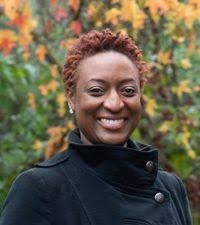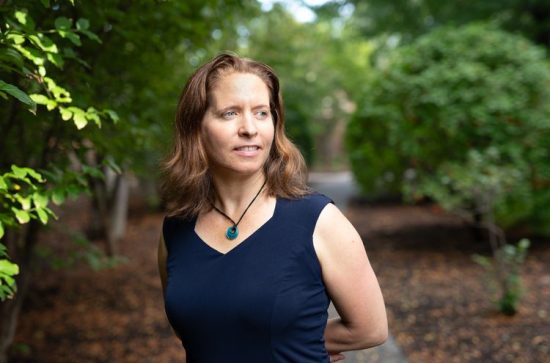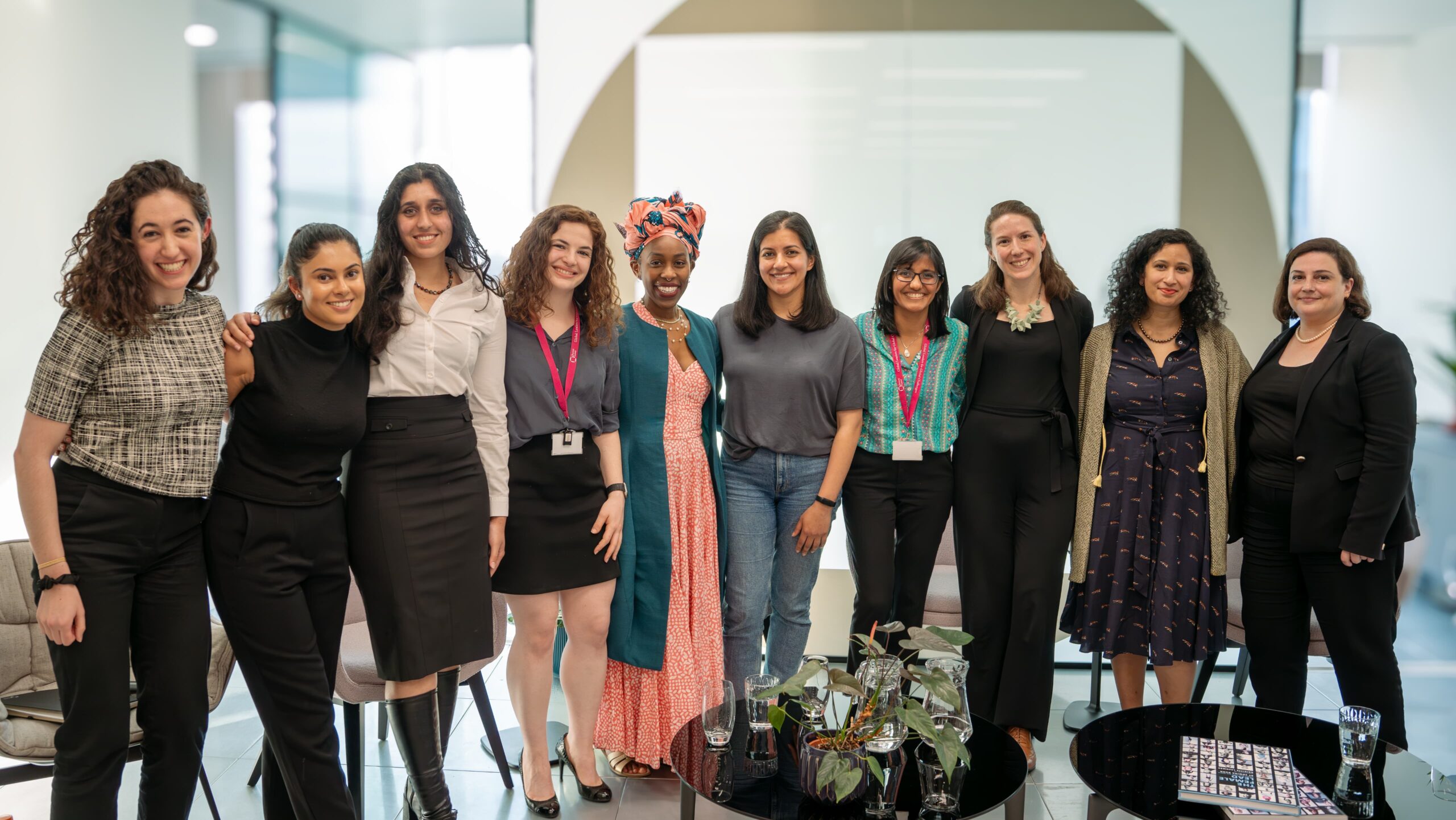How has your identity as a Black woman influenced your approach to leadership, equity and inclusion?
That’s such an interesting question. I actually did a women’s leadership course earlier this year, and we spoke a lot about barriers that women face in leadership. Some of those experiences resonated with me, and others didn’t.
I grew up in Jamaica with quite a privileged and secure background. My parents were professionals, and I didn’t carry the burden of representation. I didn’t have to justify my existence or prove that I belonged. So when I moved to the UK, it was a kind of cognitive dissonance – people often expected that I would have low confidence or need extra help because I was a Black woman. And my reaction was, yes, I may need support, but that’s because I’m human, not because I’m Black.
That experience made me more reflective about how barriers show up. Some are structural – around access to safety, security and support. Others are institutional – based on perceptions and stereotypes. And all of them sit on a very long legacy of systemic discrimination that still shapes how people are treated.
One of my early experiences at City Hall captured this perfectly. I got into the lift and pressed number eight for the Mayor’s floor. A woman looked at me and asked if I was one of the secretaries. I said, “No, I’m the new Head of Community Engagement.” You could see the colour drain from her face. It was such a small moment, but it revealed so much about bias, and it made me determined to lead differently.
I don’t ever want to reproduce those same patterns. Inclusive leadership isn’t automatic just because you’re a Black leader. It’s a practice, one that involves humanising other people’s experiences and asking real questions about their stories, rather than relying on the stereotypes we all carry.








